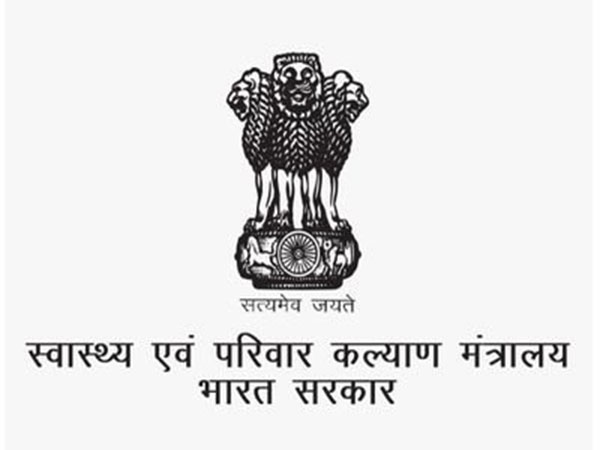India Accelerates TB Elimination: BPaLM Regimen Introduced
The Indian government has introduced the BPaLM regimen, a novel treatment for multi-drug-resistant tuberculosis (MDR-TB), as part of its National TB Elimination Programme. The new regimen aims to cut the treatment duration from 20 months to six months, significantly improving success rates.

- Country:
- India
In a bold move to eliminate tuberculosis (TB) by 2025, five years ahead of the global target, the Union Ministry of Health and Family Welfare has approved the BPaLM regimen. The new treatment, a part of the National TB Elimination Programme (NTEP), is designed to tackle multi-drug-resistant TB (MDR-TB) more effectively and quickly.
The BPaLM regimen includes a combination of new and existing anti-TB drugs: Pretomanid, Bedaquiline, Linezolid, and Moxifloxacin. Pretomanid was previously approved for use in India by the Central Drugs Standard Control Organisation (CDSCO). The regimen promises a safer and more effective treatment option compared to traditional therapies, which can take up to 20 months and cause severe side effects.
The statement noted that the BPaLM regimen could cure drug-resistant TB in just six months, benefiting around 75,000 MDR-TB patients in India. This shorter treatment period is expected to save costs and improve outcomes. A thorough review by health experts has validated the regimen's efficacy and safety. The Central TB Division is preparing a nationwide rollout plan, which will include extensive training for healthcare professionals to ensure safe administration.
The Department of Health and Family Welfare, alongside the Department of Health Research, has conducted a Health Technology Assessment to confirm the regimen's safety and cost-effectiveness. This initiative aligns with Prime Minister Narendra Modi's vision, first discussed at the Delhi End TB Summit in 2018, to strategically reduce India's TB burden by 2025, well ahead of the Sustainable Development Goals deadline.
(With inputs from agencies.)
ALSO READ
Prime Minister Narendra Modi's apology over Chhatrapati Shivaji Maharaj statue collapse smacked of arrogance: Uddhav Thackeray.
French Political Maneuvering: Macron's Hunt for New Prime Minister
British Prime Minister Expresses Shock Over Gaza Hostage Killings
Prime Minister Shehbaz Sharif on Economic Stability: Inflation Rate Drops
Prime Minister Modi's Historic Visit to Brunei: Strengthening Ties










